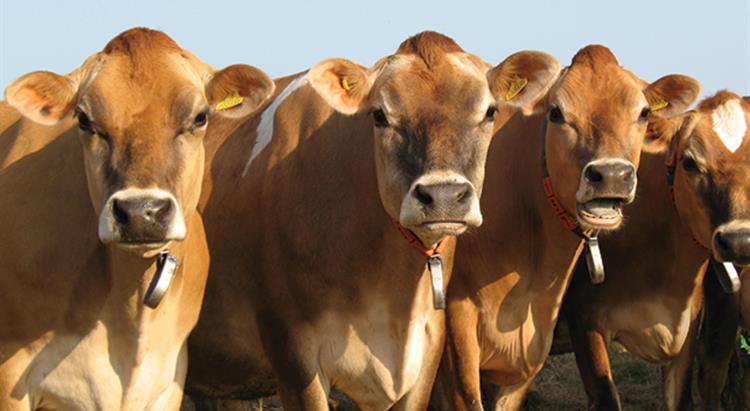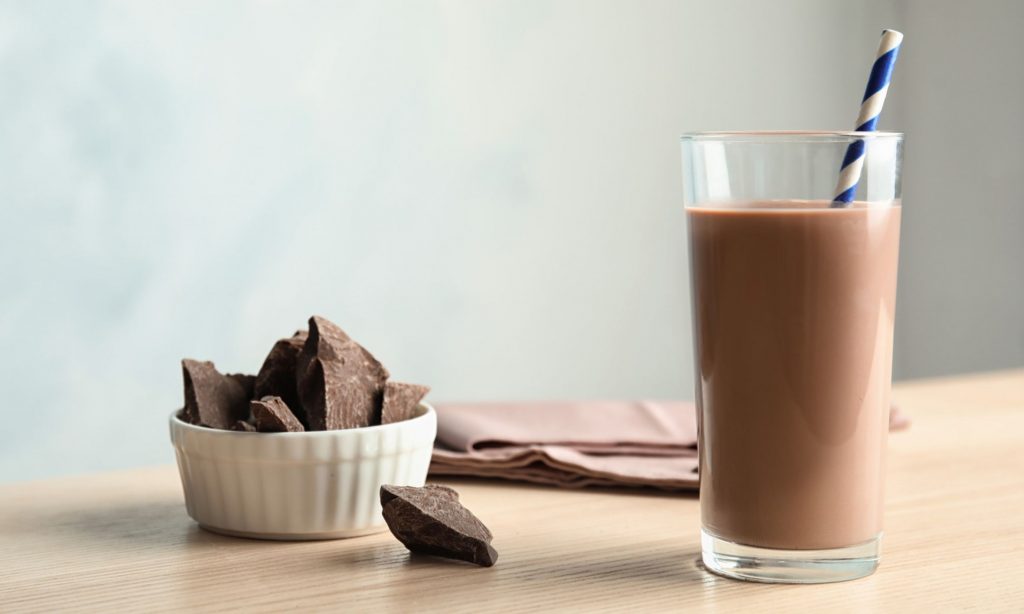
Last week they came up with a large (therefore more accurate) American survey of adults done in 2017 for the agriculture industry that left us shaking our heads in disbelief.
The question asked was, “Where does chocolate milk come from?”
A jaw-dropping seven per cent of respondents said, “from brown cows.”
This percentage is bad enough but if you look at the American population then that meant approximately 16.4 million Americans believe brown cows are the source of chocolate milk!
Really?

Even taking a wild stab in the dark and saying two per cent of respondents were jokers who thought it would be funny to answer brown cows for a lark, that still leaves too many millions who truly believe this.
So, who is to blame? The parents? The education system? A lack of pure common sense? The American dairy system for not educating consumers on the basics?
I really don’t know, but as a farm with approximately 90 head of brown Jersey cattle (milking, dry, calves, and heifers) I can honestly and absolutely assure you chocolate milk does not flow from their udders. It is transported in the same milk trucks with all the other milk.
Just to be completely honest, it does have a slightly different colour than, say, Holsteins’ milk, having a higher butter fat content due to the breed and our feed (grass/hay only, no corn silage), but it is definitely neither brown, nor chocolate. Sorry to disappoint.
Chocolate milk is made by taking cocoa and sugar (combined as a powder or liquid) and adding milk— and when many people say milk, they mean cows’ milk. Voila!
As Canada seems to follow Americans, I shudder at the thought of seven per cent of the Canadian population thinking the same thing. Surely our consumers are better informed.
I follow a large American dairy farmer in, I think, Oregon who has several hundred Jerseys. His cows have access to massive pastures as well as a newly built free-stall barn. The reason he is online is to honestly answer questions from non-farmers and even activists and to educate them about dairy farming. It is his life’s mission.
Awhile ago he got a message from a young teen posted to his site whereby the 14- to 16-year-old announced he was a vegan, didn’t drink cow’s milk, but enjoyed strawberry milk! I guess he missed the small print between the two words which reads flavoured.
The website’s farmer site set him straight, but not without a grin.
Now one can go to the grocery store and buy any number of plant-based “milks” derived from oats, almonds, soy, coconut, rice, hemp, cashews, and peas— but in the true definition of the word none are honest to goodness milk. And none of it comes from strawberries.
On the other hand, possibly his mother had convinced him strawberry milk was what he believed just to get nutrients into her vegan son? Veganism takes a lot of work to do properly and retain one’s health, especially for a growing teens, so maybe the website’s farmer undid a well-intentioned mother’s ploy.
Thinking about it, even milkweed and dandelion plants secrete a white sap from their stems— but it isn’t milk and we all know that. Or do we?
If you want to be honest, cows’ milk is plant-based too. Just think about it.





















